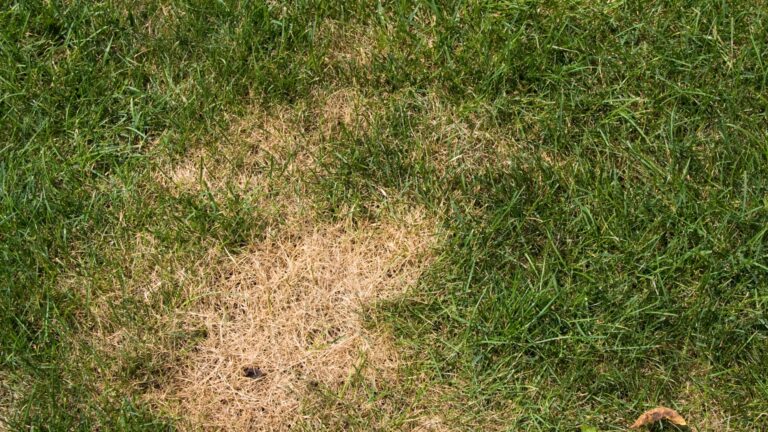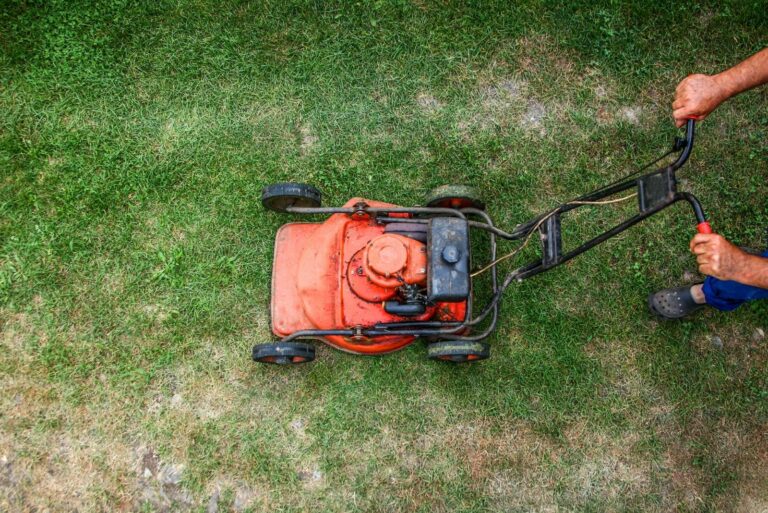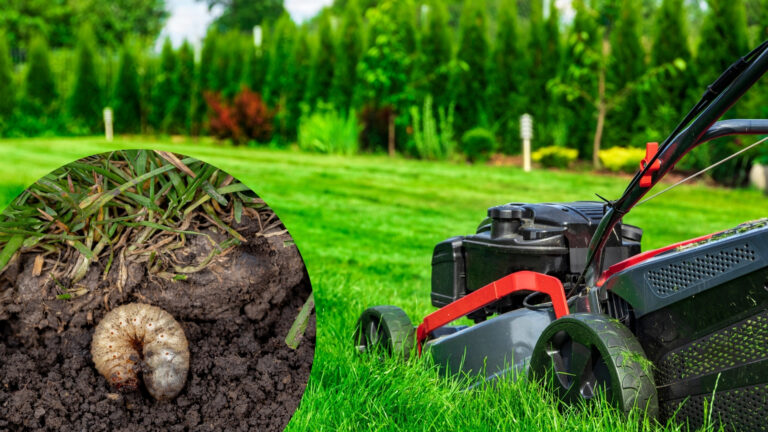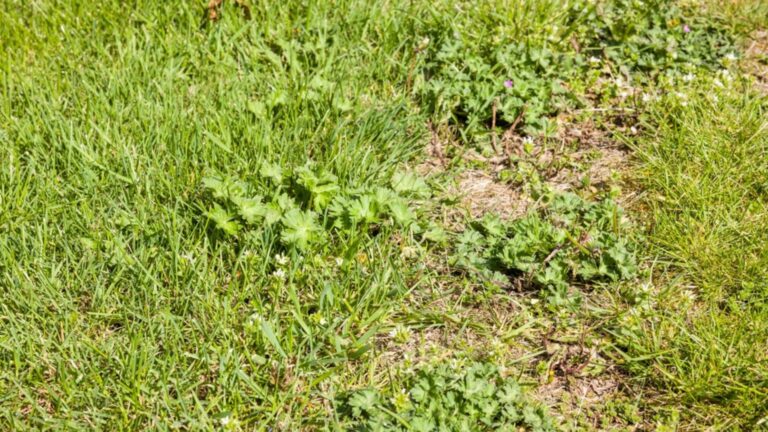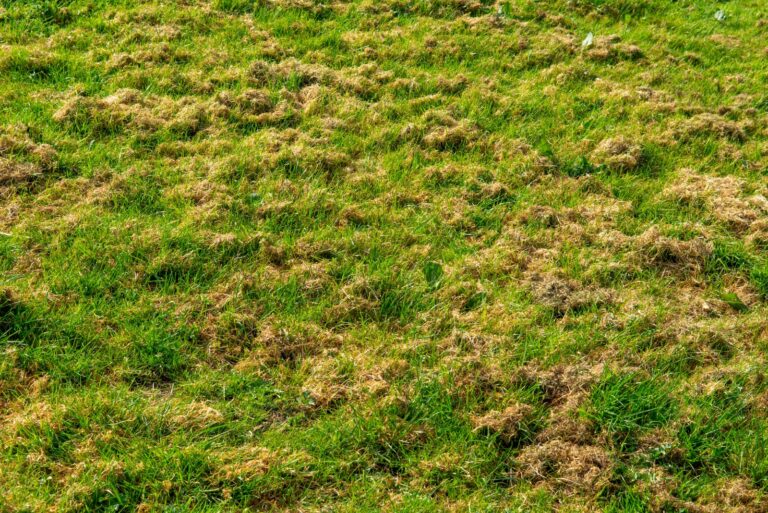9 Reasons To Sprinkle Baking Soda On Your Texas Lawn This November
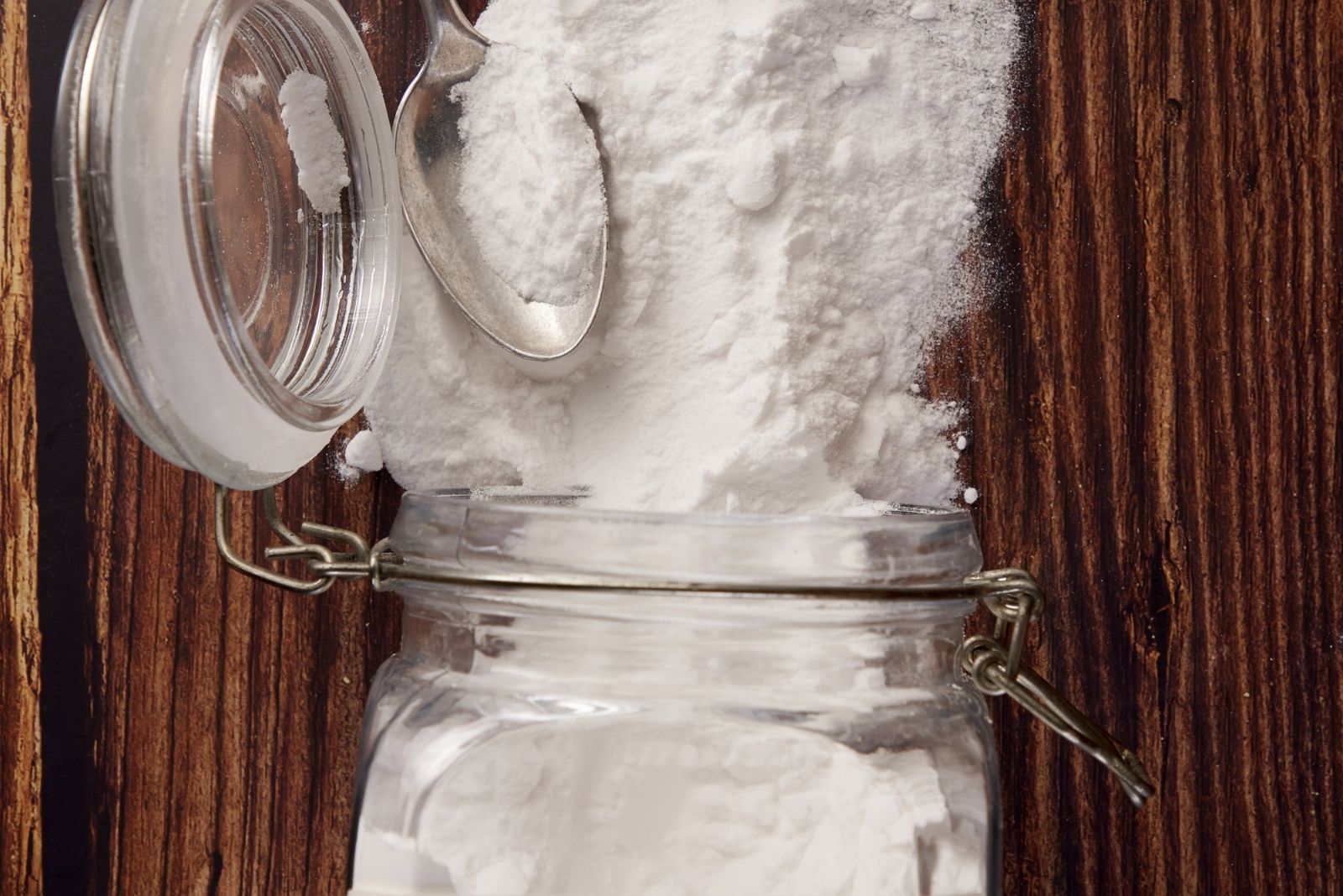
November in Texas brings cooler weather and the perfect opportunity to care for your lawn before winter sets in. Baking soda is a simple, affordable product that can work wonders for your grass during this time of year.
Whether you’re dealing with stubborn weeds, soil issues, or pest problems, this household staple offers surprising benefits that can transform your yard into a healthier, greener space.
1. Naturally Kills Crabgrass Without Harsh Chemicals
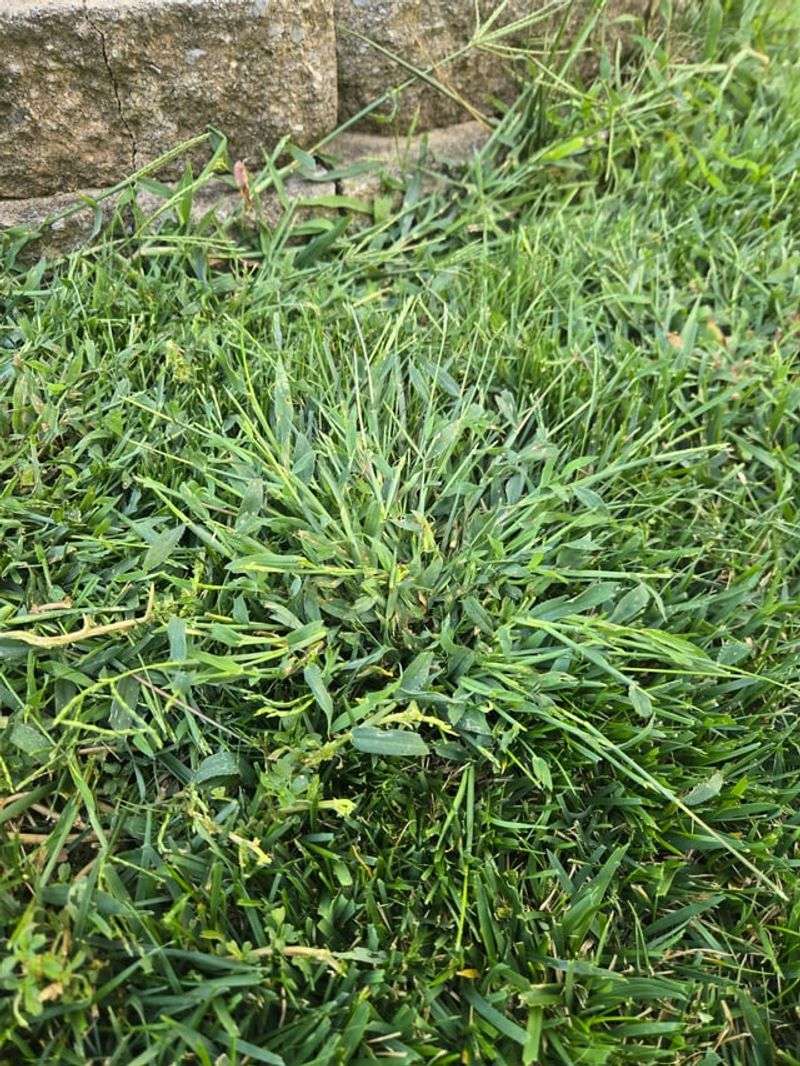
Crabgrass can take over your yard faster than you’d expect, especially after a warm Texas fall. Baking soda acts as a natural herbicide that targets these invasive weeds without poisoning your soil or harming beneficial insects.
Simply sprinkle it directly on the crabgrass patches, and within days, you’ll notice the weeds beginning to wither.
November is ideal for this treatment because cooler temperatures slow grass growth, giving baking soda time to work its magic. Your lawn will thank you come spring when healthy grass fills in those bare spots instead of persistent weeds.
2. Balances Soil PH For Healthier Grass Growth
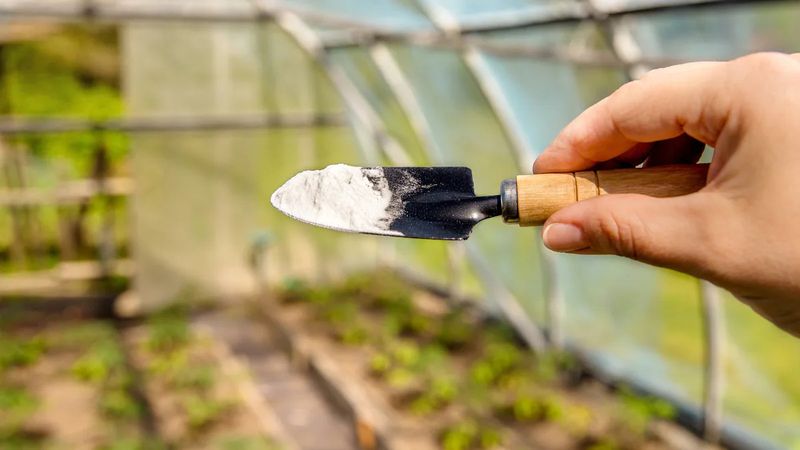
Texas soil tends to lean acidic in many regions, which can stress your grass and limit nutrient absorption. Baking soda works as a gentle alkaline amendment that gradually raises pH levels to a more neutral range.
This creates better growing conditions for most lawn grasses commonly planted across the state. Apply a light dusting over your entire lawn in November, and let the seasonal rains help it soak into the ground.
Testing your soil first helps determine if this treatment is right for your specific yard conditions and grass type.
3. Discourages Fungal Growth During Damp Weather

November often brings unexpected rain showers and morning dew that create perfect conditions for lawn fungus.
Baking soda changes the surface environment of grass blades, making it harder for fungal spores to establish and spread. Many Texas homeowners notice fewer brown patches and healthier turf after regular applications during the fall season.
Mix it with water in a spray bottle for even coverage, or sprinkle it dry over affected areas. Either method provides a protective barrier that keeps your grass looking fresh and green throughout the cooler months ahead.
4. Reduces Unpleasant Odors From Pet Areas
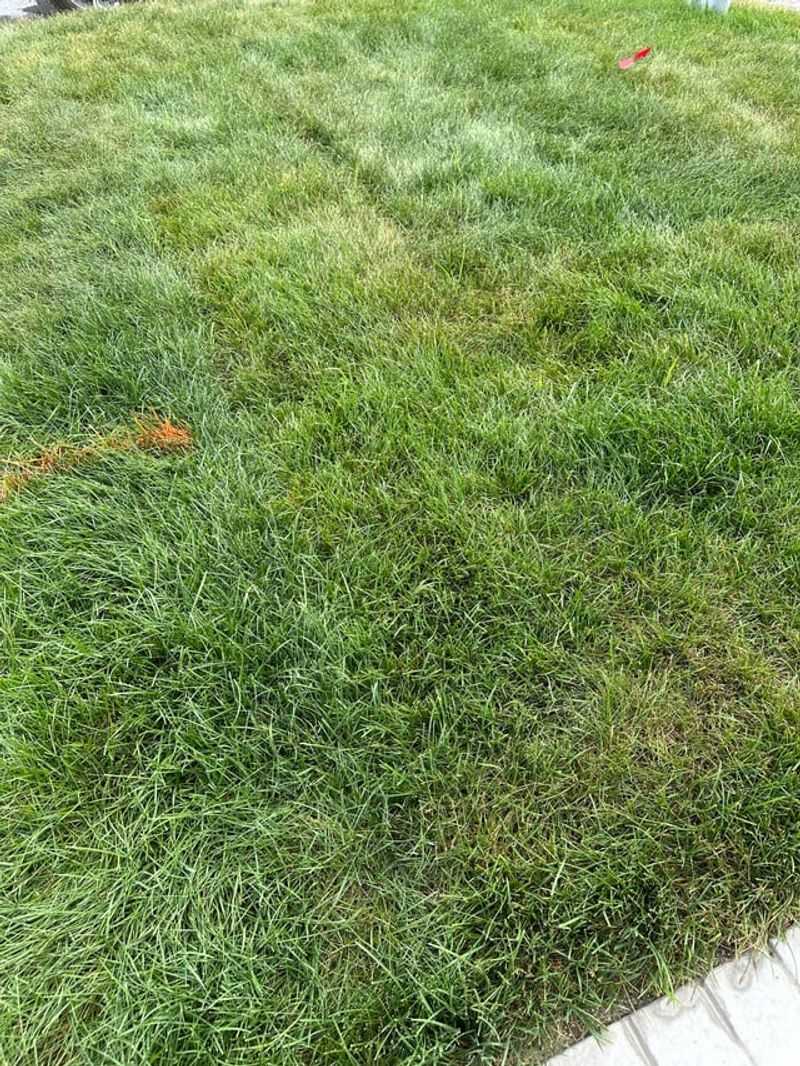
Pet owners know how quickly certain spots in the yard can develop strong smells, especially where dogs frequently do their business.
Baking soda naturally absorbs and neutralizes odors rather than just masking them with fragrances. Sprinkling it generously over problem areas helps keep your outdoor space more pleasant for family gatherings and playtime.
November’s milder Texas temperatures mean you’ll spend more time outside, making odor control especially important. Reapply after heavy rains to maintain freshness, and your neighbors won’t even know you have pets when they walk by your property.
5. Deters Fire Ants From Building New Mounds
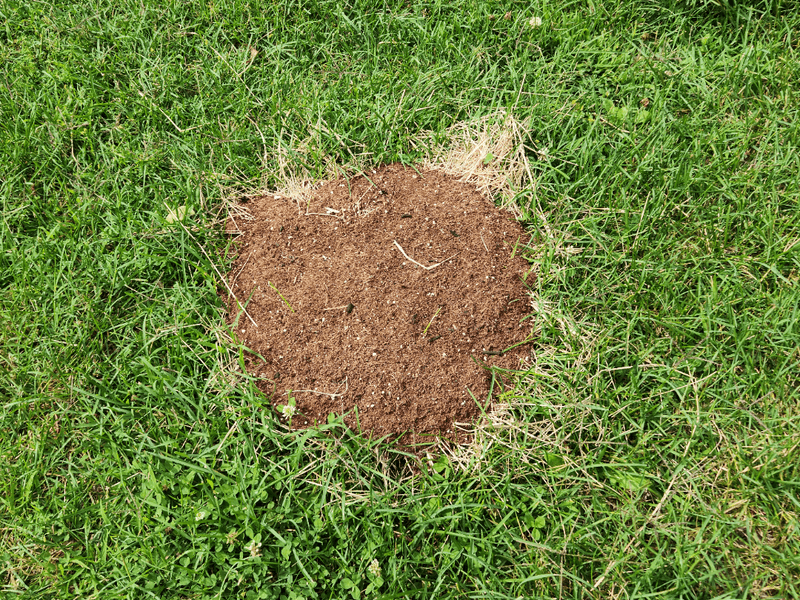
Fire ants remain active in Texas well into November, building mounds that can ruin your lawn’s appearance and pose safety risks. Baking soda disrupts their ability to communicate and navigate, encouraging colonies to relocate away from treated areas.
While it won’t eliminate existing infestations entirely, it creates an unwelcoming environment that discourages new mound construction.
Sprinkle it around existing mounds and across your lawn to create a protective barrier. Combined with other control methods, this affordable approach helps reduce fire ant activity throughout the fall and winter seasons when they’re still searching for nesting sites.
6. Cleans Lawn Furniture And Outdoor Surfaces

Your lawn isn’t the only thing that benefits from baking soda this November. Outdoor furniture, walkways, and decorative stones often accumulate dirt, mildew, and stains throughout the year.
A paste made from baking soda and water scrubs away grime without scratching surfaces or introducing harsh chemicals into your Texas yard.
As you prepare your outdoor spaces for holiday gatherings, this simple cleaning solution saves money and protects the environment. Rinse everything thoroughly, and the runoff won’t harm your grass or nearby plants, making it a win-win for your entire landscape.
7. Helps Prevent Moss Growth In Shaded Areas
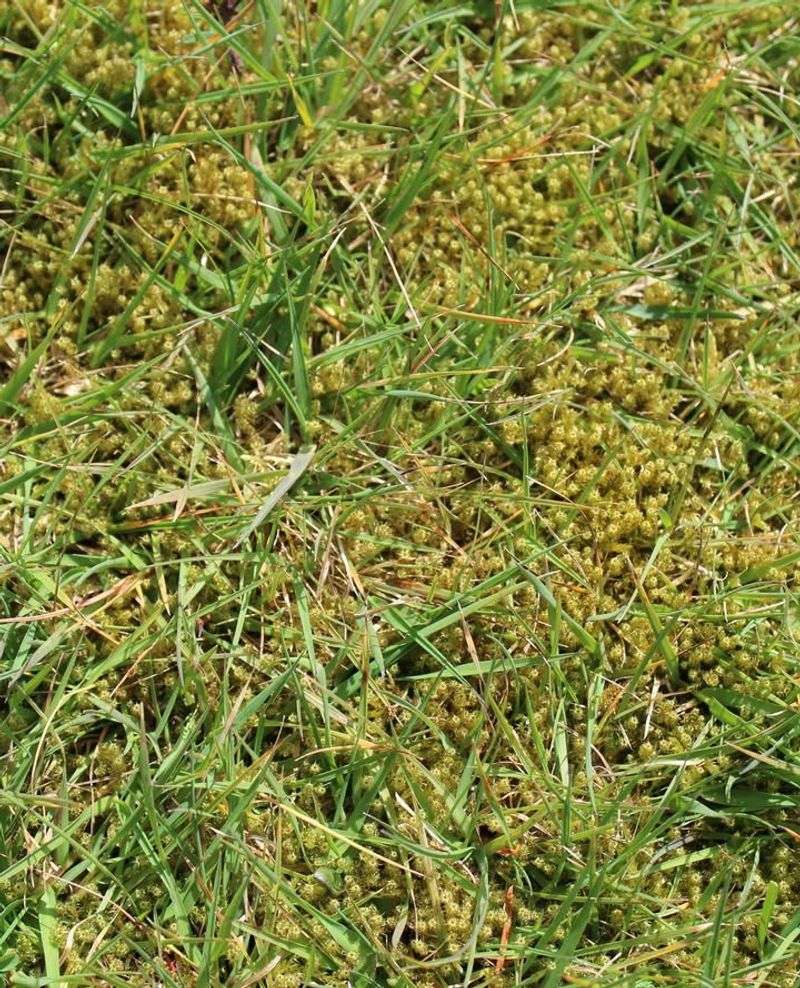
Shaded sections of your yard often develop moss problems, especially in areas with poor drainage or heavy tree cover.
Baking soda raises the surface pH where moss thrives, making those spots less hospitable for this unwanted ground cover. November is the perfect time to address moss issues before winter rains encourage even more growth across your Texas property.
Sprinkle it directly on mossy patches, wait a few days, then rake away the dead moss to expose soil underneath. Overseeding those areas afterward gives grass a chance to fill in before spring arrives.
8. Improves Water Absorption In Compacted Soil
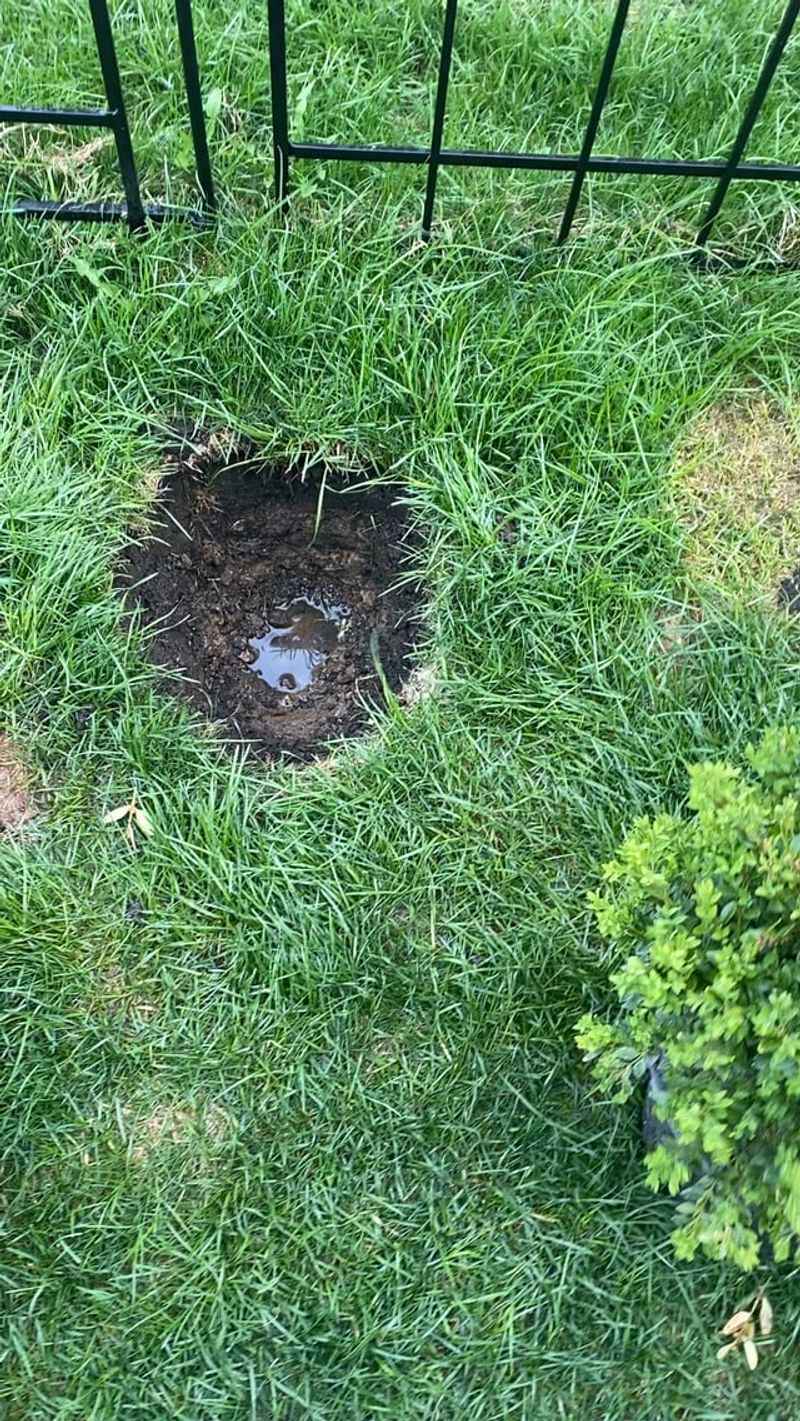
Heavy foot traffic and clay-rich Texas soil often lead to compaction that prevents water from reaching grass roots effectively. Baking soda’s alkaline properties help break down some of the mineral bonds in compacted soil, improving its structure over time.
While not a replacement for aeration, it provides a helpful boost when applied consistently during the fall months.
Spread it evenly across problem areas, then water thoroughly to help it penetrate the surface layer. Combined with proper lawn care practices, this treatment enhances your soil’s ability to support healthy grass growth throughout the year.
9. Freshens Compost Bins Near Your Lawn

Compost bins located near your lawn can sometimes produce strong smells that drift across your outdoor space. Baking soda sprinkled into your compost neutralizes acidic odors and helps maintain a better pH balance for decomposition.
November is an excellent time to refresh your composting system as you prepare garden beds for winter and clean up fallen leaves.
Add a cup or two each week to keep smells under control without disrupting the composting process. Your Texas neighbors will appreciate the consideration, and you’ll enjoy spending time in your yard without holding your breath near the bin.

